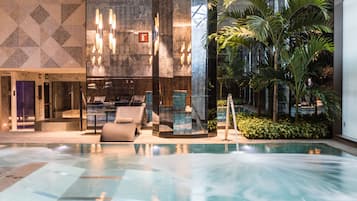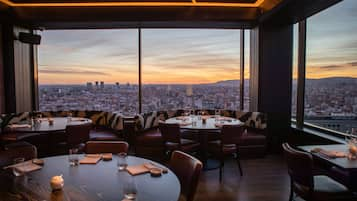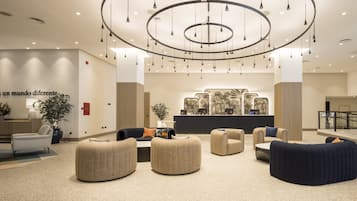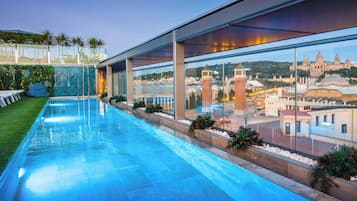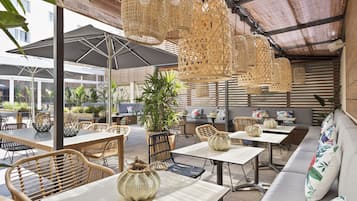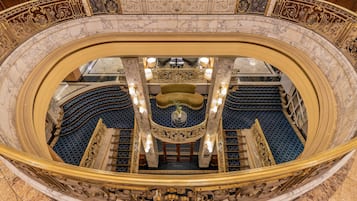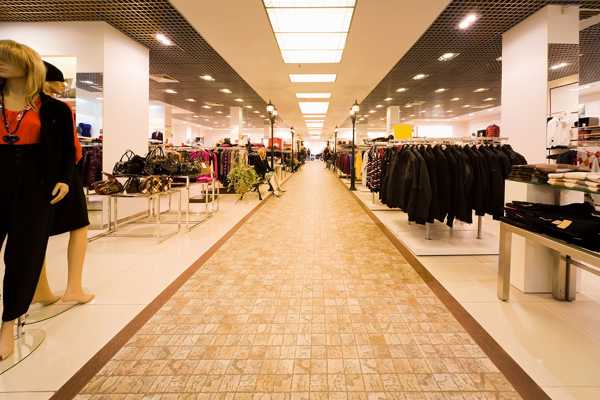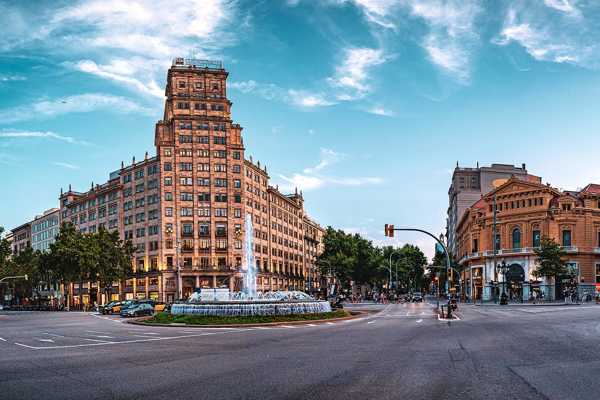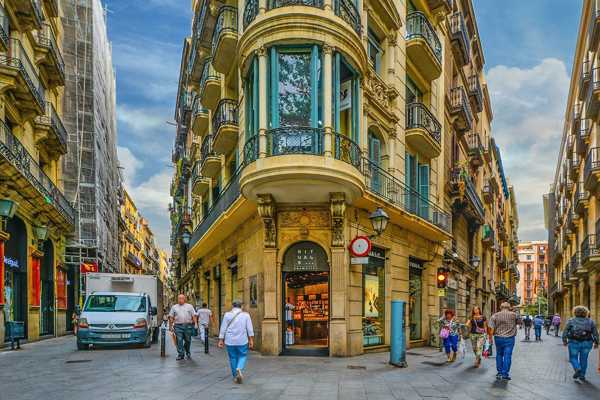Grácia in Barcelona comprises several neighbourhoods that together make up a stunning cross-section of diverse Catalan culture with history, arts and deep cultural traditions. This is a region that is famous for its boulevards and pedestrian thoroughfares that date to the 19th century, as well as a wide range of indie boutiques, souvenir shops and art galleries that line the streets. You can also stop by a local arthouse cinema to catch the latest independent film.
This region is also a dining and foodie destination with tons of bistros and wine bars around landmark historic buildings and stunning art nouveau architecture. Here you can see mosaic-covered estates and Moorish-style mansions. You can get stunning city views from towering hilltops and enjoy a quiet afternoon with a cup of coffee on the sidewalk. This is truly a cultural hub that has something to offer just about everyone.
Gracia in Barcelona - one of the highlights of 11 Most Popular Neighbourhoods in Barcelona and 10 Best Summer Events for UK Travellers (Read all about Barcelona here)
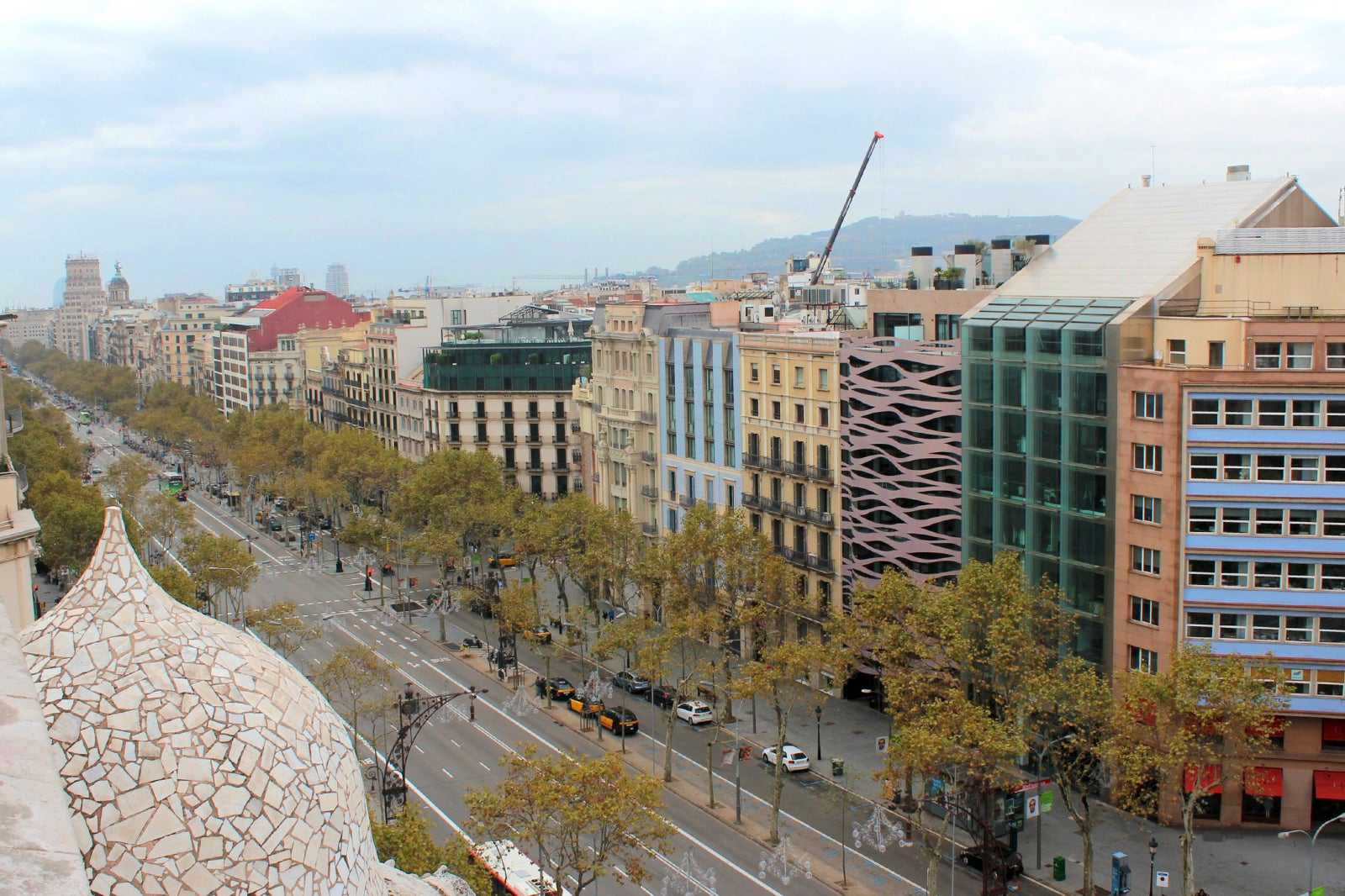
What are the highlights of Grácia in Barcelona?
The highlights of Grácia in Barcelona can be found on every street corner and avenue, from sculptures to arts and craft shops, architecture and sidewalk cafes. You can catch photos of a 3D dragon mosaic at Park Güell; head for the Verdi cinema to watch a foreign-language indie or art film; visit Olokuti for some eco-friendly shopping including everything from books to clothing, housewares and organic food; or walk the Plaça de la Virreina with its surrounding 19th-century architecture and artistic central fountain.
If the bohemian set appeals to you, visit Rabipelao, a bar decorated with FBI Most Wanted posters, Gothic candlesticks and vinyl records. You can also head for El Col-leccionista for live indie rock and acoustic music. For shopping and dining, walk Carrer de Verdi and explore tons of vintage shops, sidewalk cafes, used bookstores and tapas bars. Visit the historic Mercat de la Llibertat for fresh farm-to-table foods.
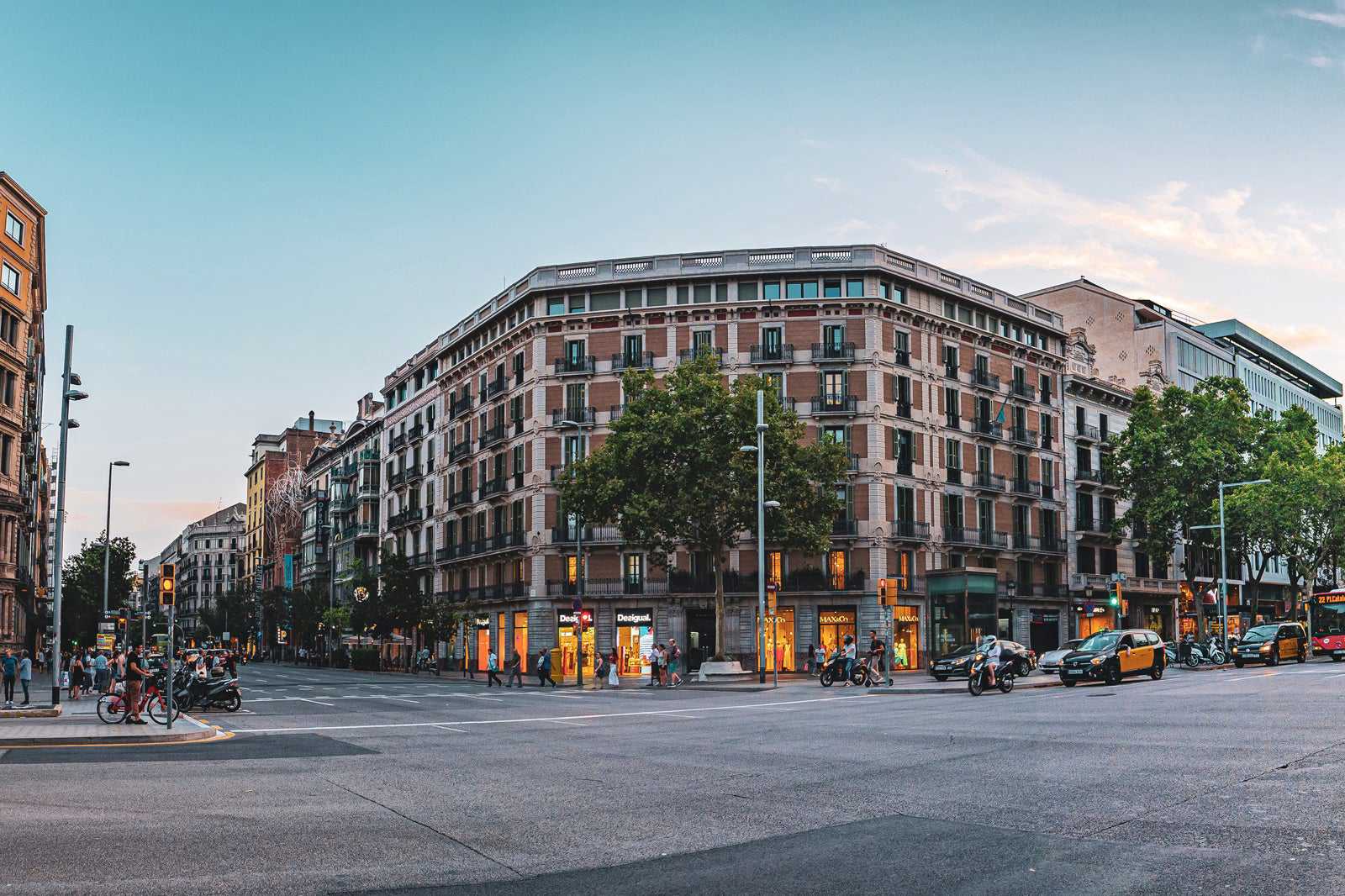
A brief history of Grácia in Barcelona
The history of Grácia in Barcelona stretches back to 1626, with the establishment of a convent where today high-end international fashion shops line the street. By the 1800s, Catalans were moving to Barcelona by the thousands as the city was industrialised. The need to address the swelling population led to the construction of the Eixample district. Over the ensuing decades, more neighbourhoods and districts were annexed until finally, in 1897, the formerly independent town of Grácia was added, and it became a neighbourhood of the capital.
Today, Grácia is home to over 120,000 people and is one of the most densely populated neighbourhoods in the city. It's also among the hippest and most bohemian scenes around with intimate low-rise houses, one-way streets and public plazas lined with shops and cafes that preserve its old-world charm, making it a destination for artists and young professionals.
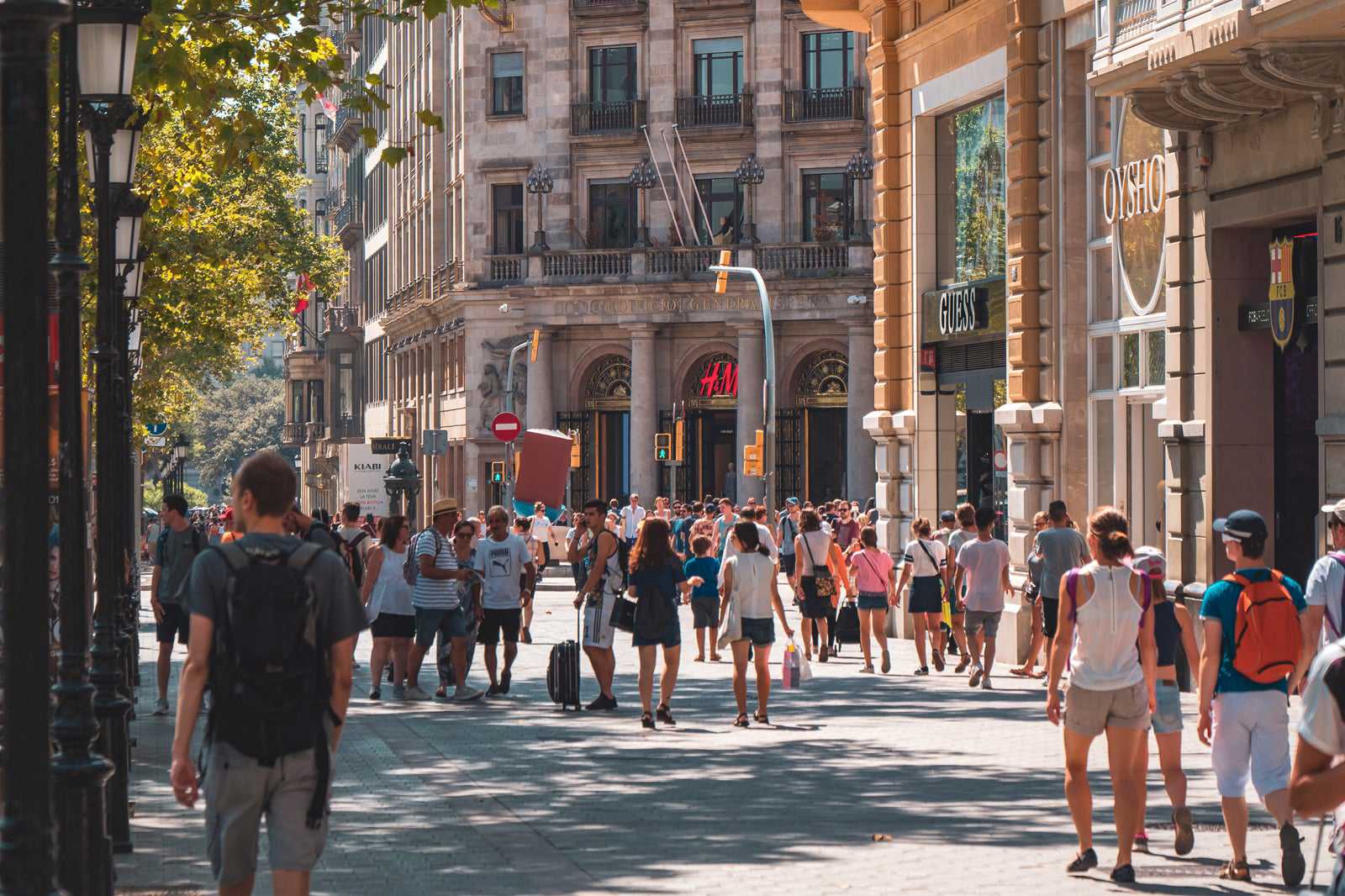
What else is good to know about Grácia in Barcelona?
Grácia in Barcelona is home to young professionals, a bohemian artistic scene and a growing older population. It's a neighbourhood with a great deal of community pride, with Catalan flags adorning many terraces and windows. The city values its independence with pro-independent politics dominating the social landscape. This is not a place to come for major visitor-centric attractions, fast-food chains or international brands. What you will find here are small cafes and gourmet street food stands.
Along the squares and marketplaces, you'll find artists and craftspeople creating and selling their wares, and even the shops are independent and filled with handmade goods. It's a place with an authentic cultural atmosphere and a nightlife dominated by Spanish cafe culture split among local small bars and restaurants filled with deep intellectual conversations about art, philosophy and politics. The live music theme thrives, mainly through acoustic singer-songwriters and local indie bands.
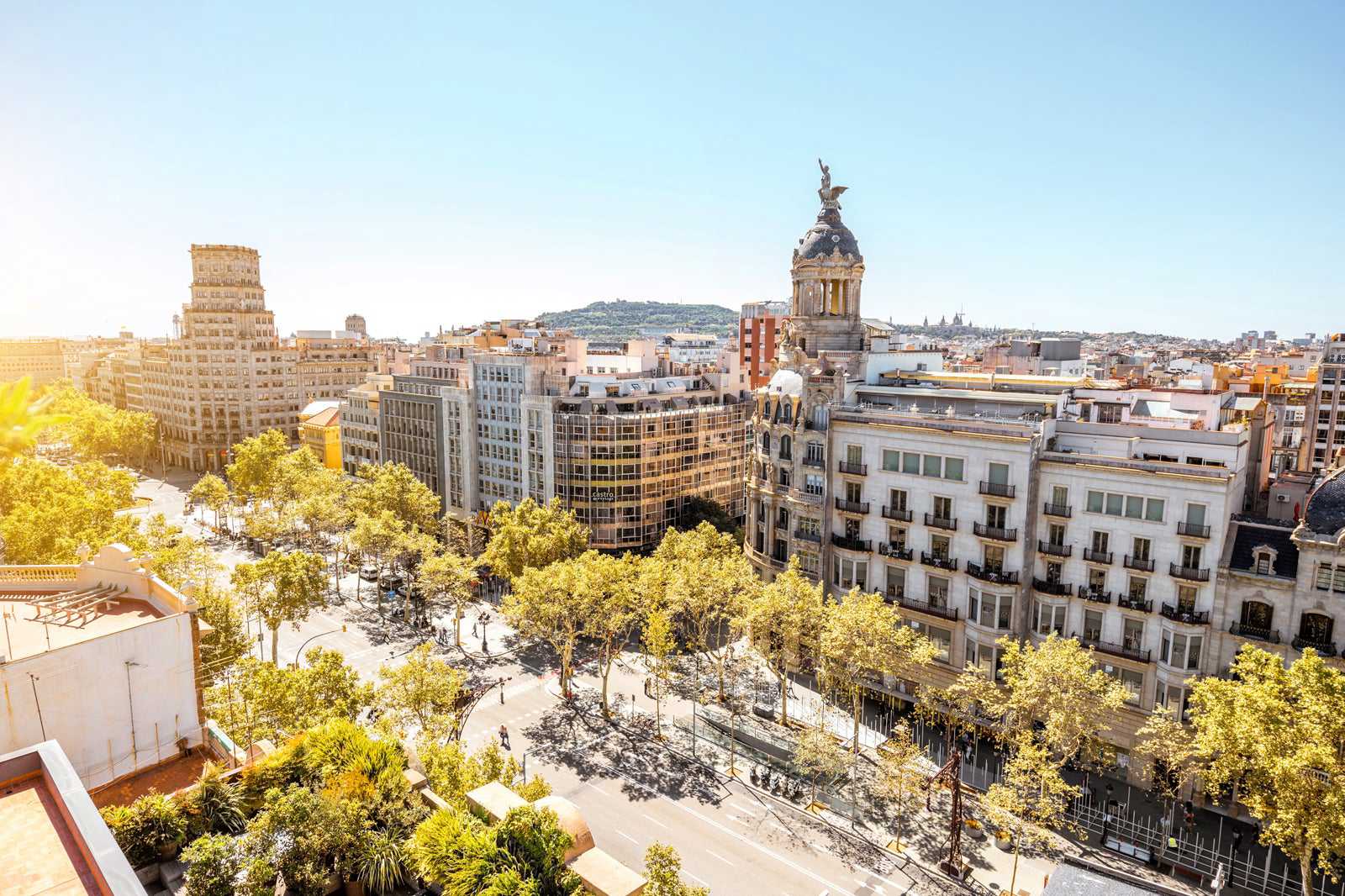
Gracia in Barcelona
Konum: Barcelona, Spain

